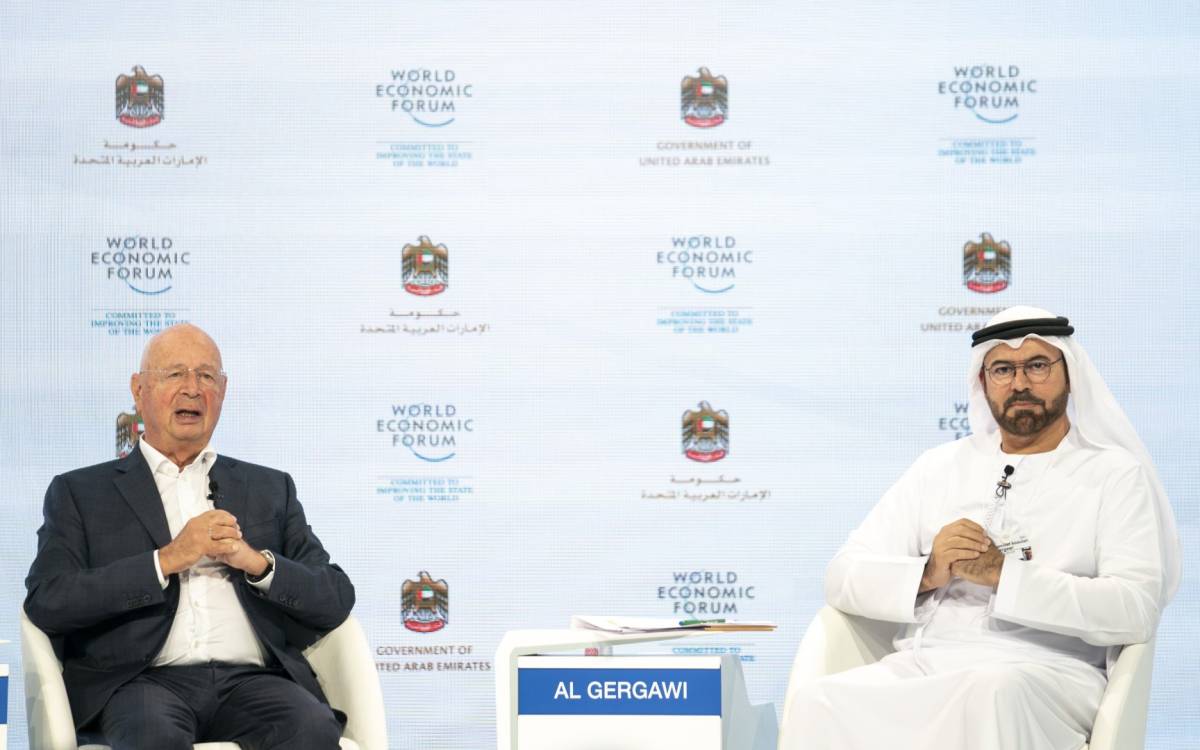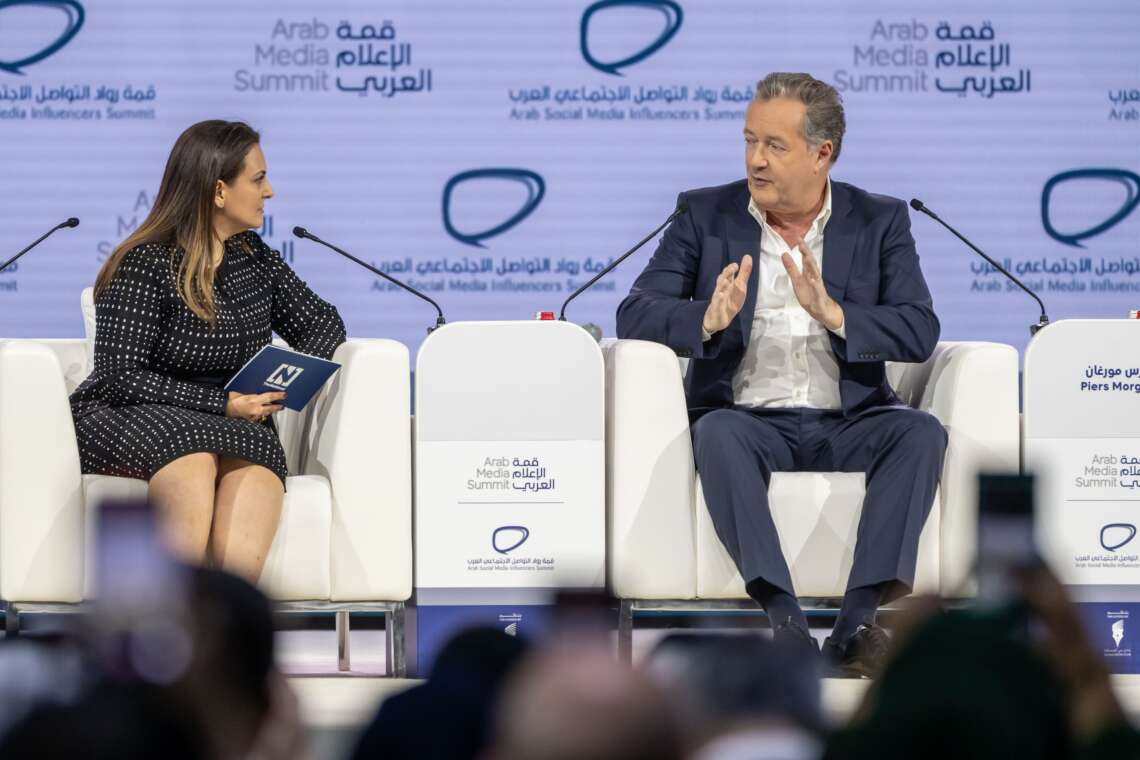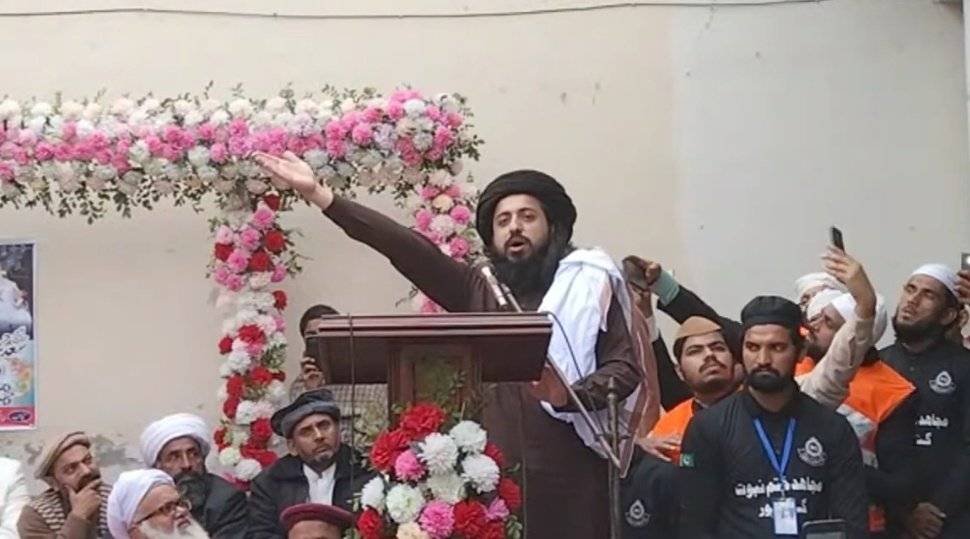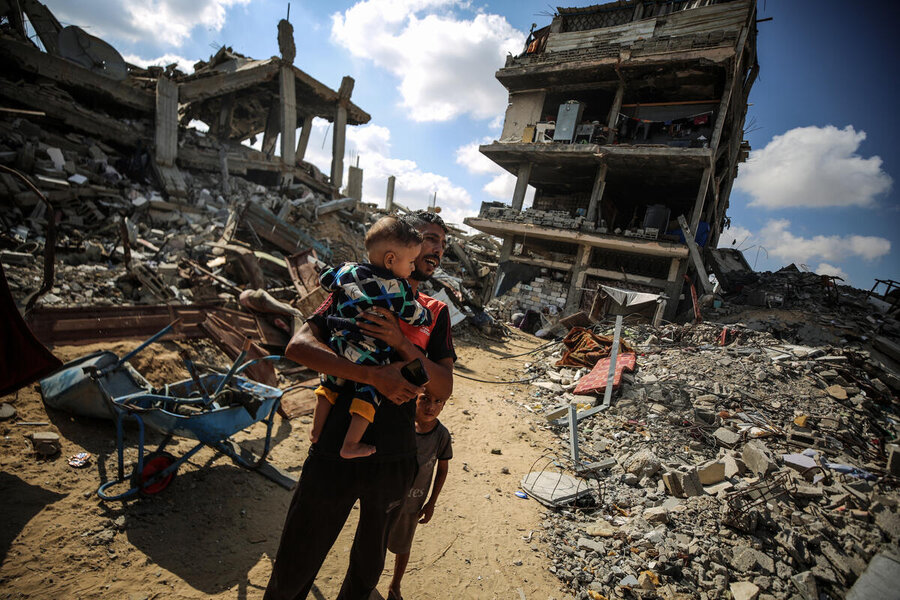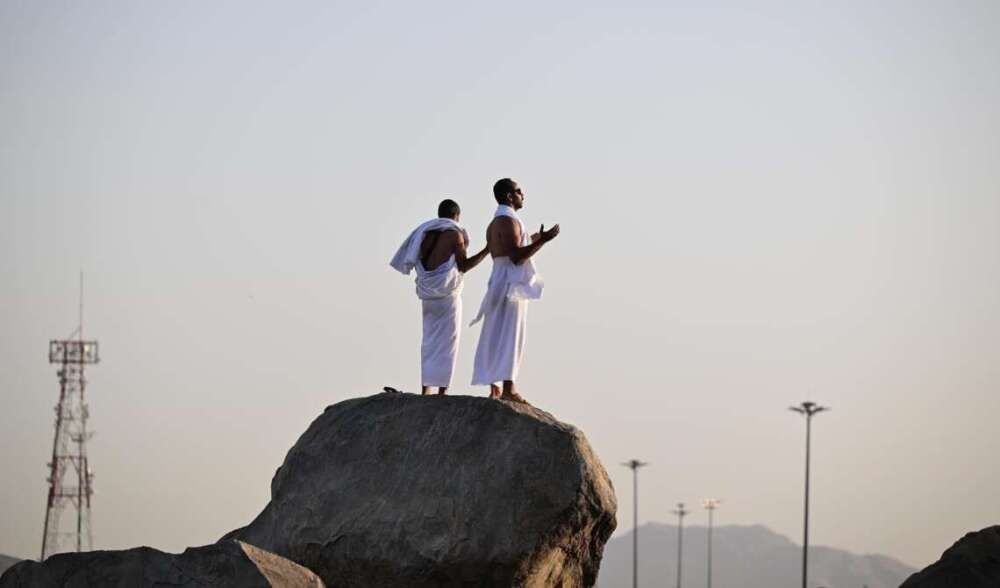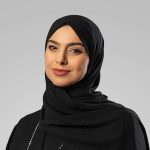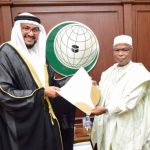UAE minister Mohammad bin Abdullah Al Gergawi stressed that countries and governments need to develop a collective action charter to enhance their readiness for the future…reports Asian Lite News
Mohammad bin Abdullah Al Gergawi, Minister of Cabinet Affairs, and Professor Klaus Schwab, Founder and Executive Chairman of the World Economic Forum, stated that the UAE has a global mission to work and cooperate with governments, institutions and individuals worldwide to design a better future for humanity.
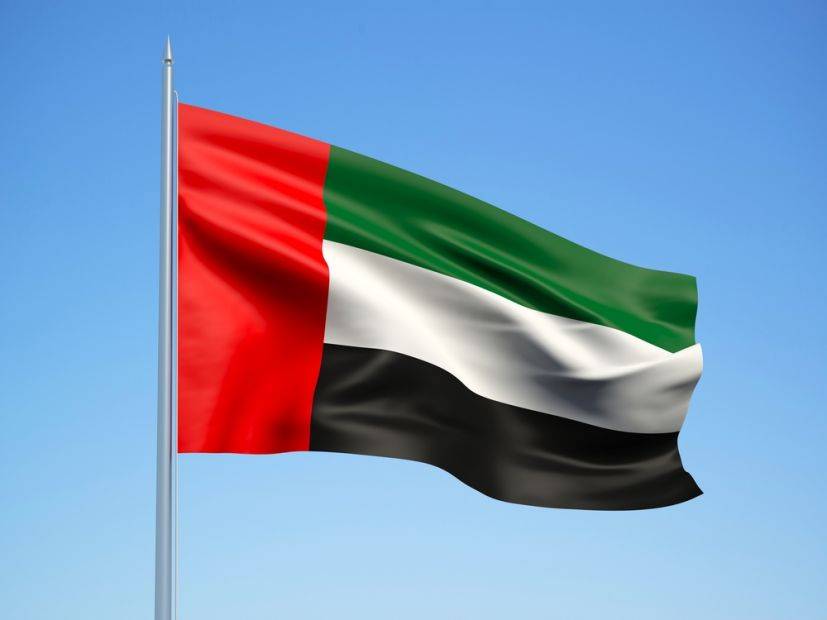
By its Centennial, the UAE hopes to become the best country in the world, bringing together people to live in harmony and tolerance and presenting a model future nation.
This came during the inauguration of the “Great Narrative Meetings”, launched on Thursday, in collaboration between the UAE government and the World Economic Forum, and in the presence of UAE government ministers and officials, and a myriad of global thought leaders, specialists and futurists to shape the most important future directions in various fields.
He stressed that governments first and foremost should instill hope in people, design comprehensive plans and strategies that meet the needs of the 7.8 billion people living on this planet, and develop solutions to global challenges.
“The world is facing major challenges especially when it comes to climate change. Over the past seven years, the world recorded the highest temperatures globally and we cannot afford to waste any more time. The richest 1% have more than double the wealth of 7 billion people, and about half of the world’s population lives under 6 dollars a day. The world has been through one of the largest economic downturns in human history. According to IMF estimates, the global economy has decreased by 3.5% in 2020 due to the repercussions of the COVID-19 pandemic and many countries are still having difficulty restoring their position to its status before the pandemic,” Al Gergawi added.
The Minister of Cabinet Affairs explained that the digital world has become as important as the physical one. There are already more connected devices than people in the world. By 2025, this number is expected to reach 5 times the world’s population. Despite all these facts, half the world’s population is still denied access to the internet, and only 20 percent of the population in developing countries has internet connection. Bridging this digital gap will assuredly open up new markets and create diverse opportunities.
Al Gergawi said: “Whatever will happen in the future will be based on what we design now, on our work today. The traditional model of government that began 200 years ago has to evolve, just as the business model of institutions and companies in the private sector managed to re-invent their work ecosystems”. He noted that governments will have an increasingly important role over the coming phase due to the events the world witnessed during the pandemic. Governments capable of anticipating the future can best evolve and face potential challenges.
Al Gergawi stressed that countries and governments need to develop a collective action charter to enhance their readiness for the future. The UAE’s 10 Principles for the Next 50 Years constitutes a clear path for the UAE government, based on enhancing human capital and providing a better future through preserving openness and tolerance.
UAE Global Leadership Professor Klaus Schwab, Founder and Executive Chairman of the World Economic Forum, stated that the UAE is one of the most vibrant and inclusive countries worldwide. He added, “We meet today to develop a great narrative; a story for the future. I quote His Highness Sheikh Mohammed bin Rashid Al Maktoum, Vice President, Prime Minister and Ruler of Dubai, when H.H. said “The future belongs to those who can imagine it, design it, and execute it. We are here now to imagine the future, design the future, and then execute.”
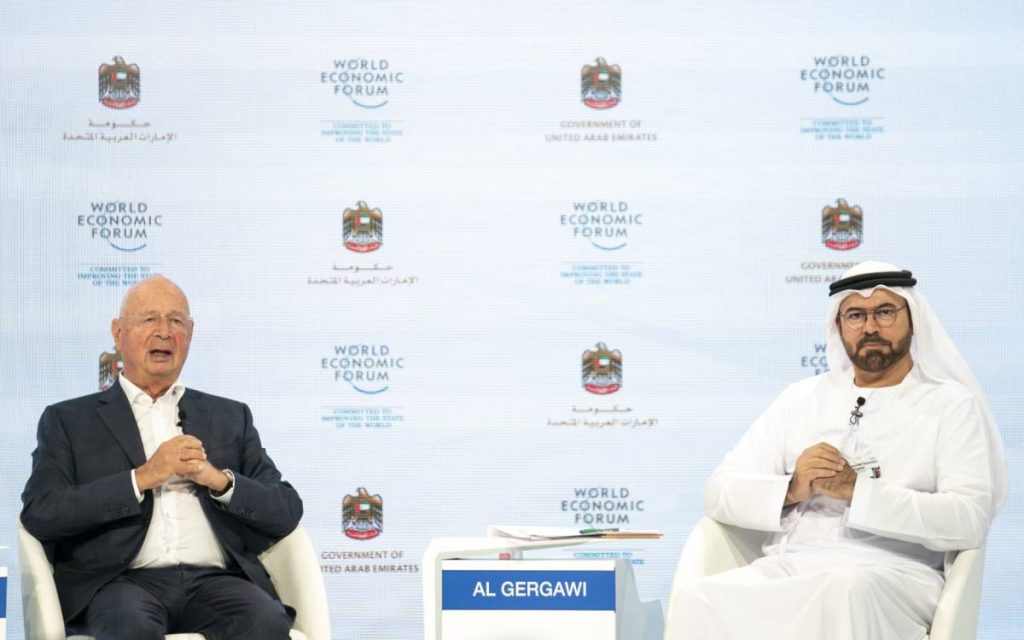
Prof. Schwab praised the meeting for bringing together a group of influential experts who can present the latest technologies to the participants, thus enabling them to shape the future and serve humanity.
“When the World Economic Forum presented the concept of the Fourth Industrial Revolution (4IR) for the first time, the aim was to help countries and companies to effectively use technology for the benefit of humanity. We decided to establish a network of C4IR around the world, and I was very happy that the UAE was the first country to adopt this approach and establish the UAE Centre for the Fourth Industrial Revolution, re-affirming the role of science and technology in our mission,” he added Schwab continued: “When we look at the world today, we see difficulties to shape the future. The three most striking difficulties are, many people became much more self-centered as a result of the global pandemic. In such a situation it is hard to create a compromise because shaping and designing the future usually needs a common will of people. The second difficulty is that we have all become crises-focused because of the pandemic, and are not dealing with other challenges that threaten humanity. The third challenge lies in the fact that the world has become very complex, it has become difficult to separate between social, political, technological or ecological challenges. They are all interconnected, and simple solutions do not suffice to deal with complex problems. For these three reasons, it has become very difficult to bring everyone together to imagine and design the future.”
ALSO READ: UAE Wins Bid to Host COP28
The “Great Narrative Meeting” hosts interactive sessions and expert workshops covering numerous vital society-related fields. The meeting is attended by UAE ministers, and brings together more than 50 thought leaders and futurists to share their visions and thoughts for shaping long-term future narratives in vital sectors for the benefit of societies worldwide.


